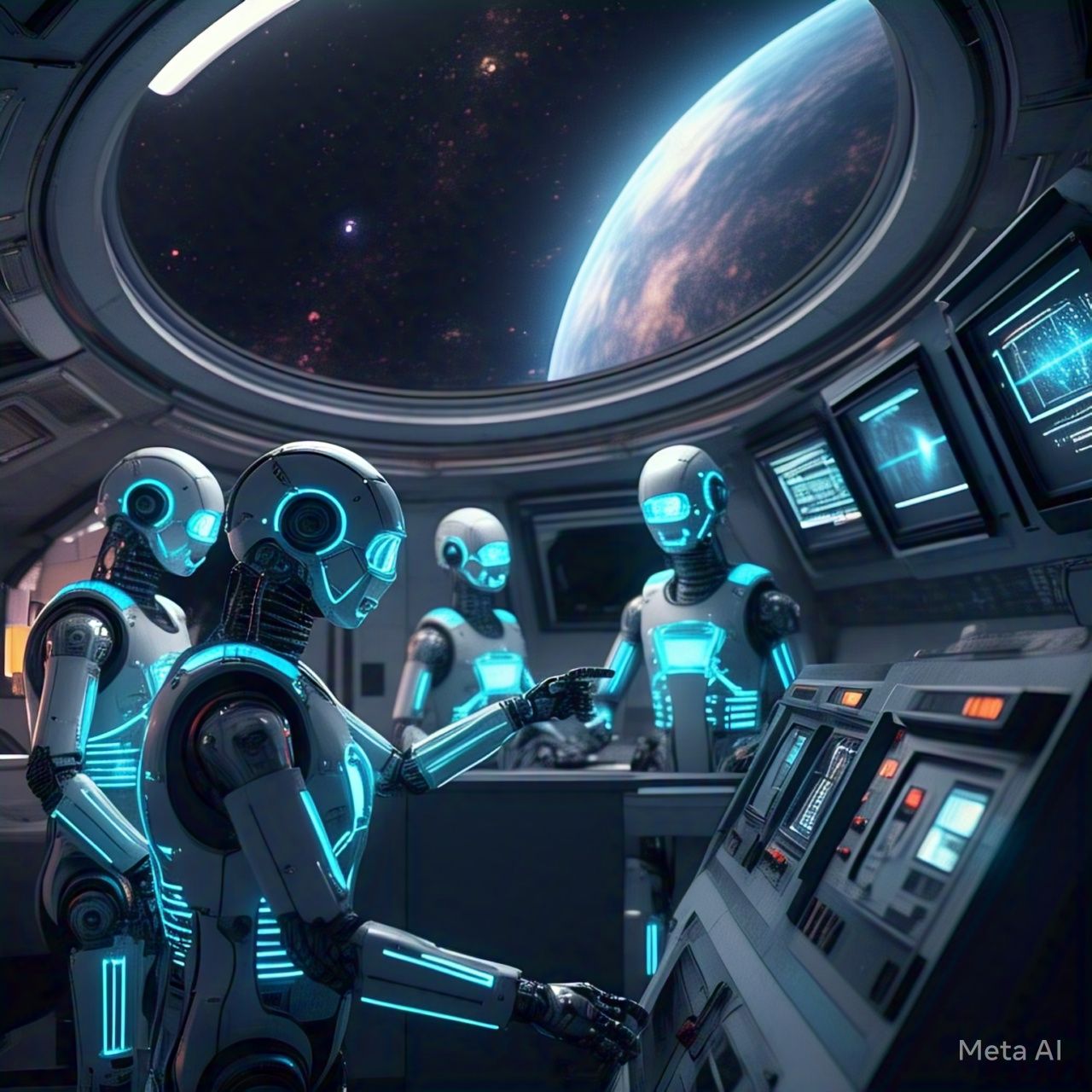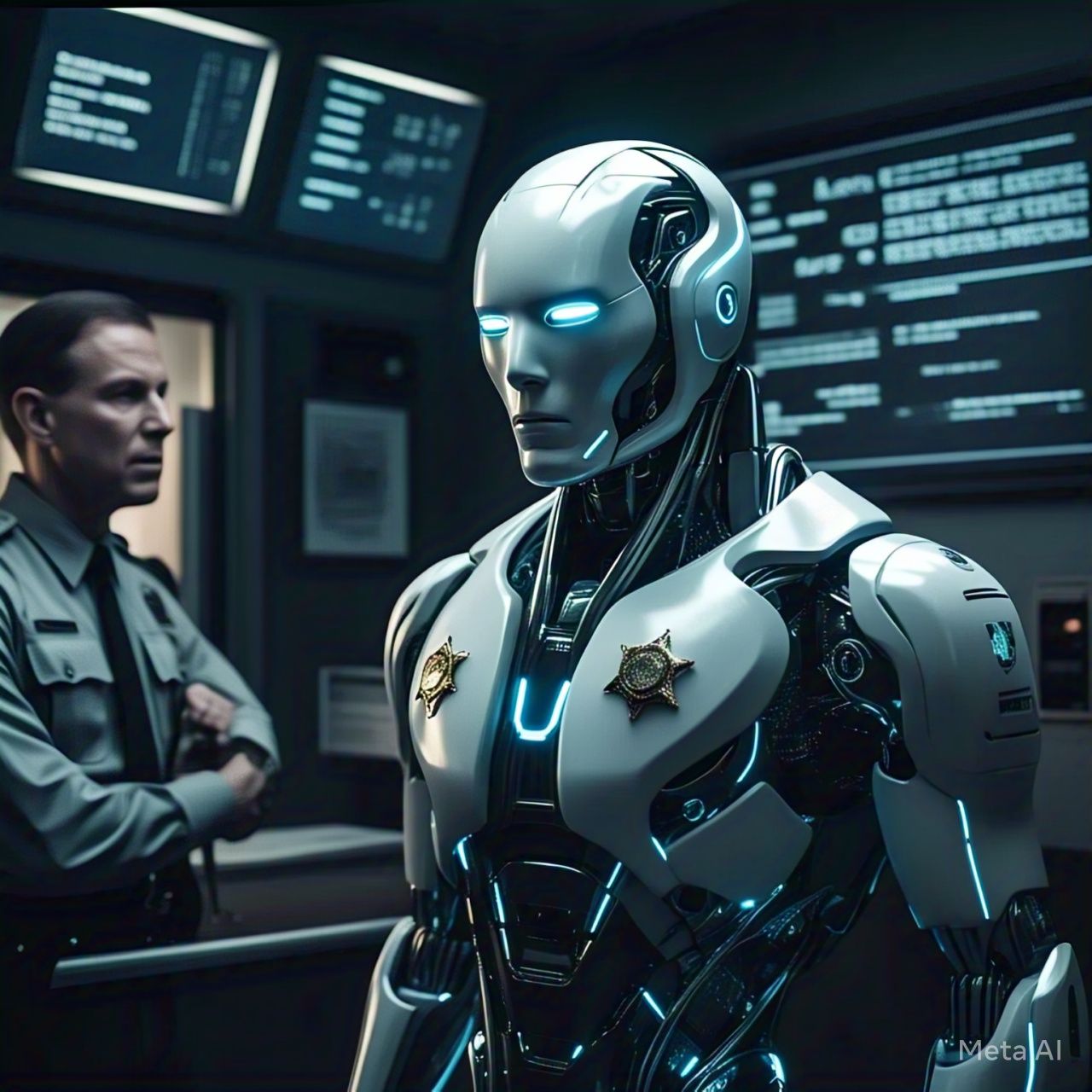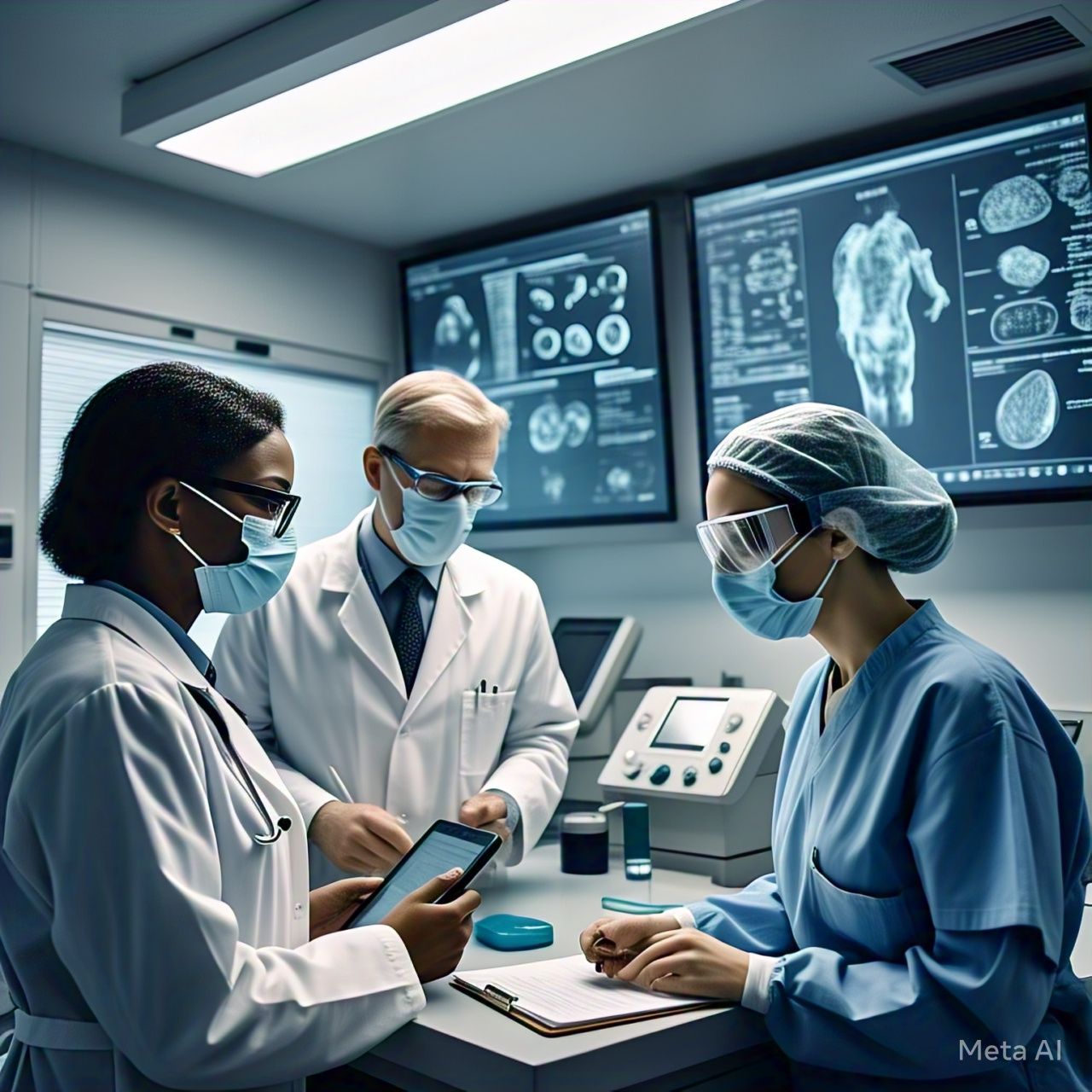Artificial Intelligence (AI) is revolutionizing space exploration, enabling scientists and engineers to push the boundaries of what is possible in our quest to understand the cosmos. From autonomous rovers on Mars to AI-powered telescopes scanning the universe, smart machines are playing a crucial role in advancing space research and discovery. This article explores how AI is shaping the future of space exploration, its applications, benefits, and challenges.
1. How AI is Transforming Space Exploration
Autonomous Spacecraft and Rovers
AI-powered robots and spacecraft can operate independently, reducing the need for direct human intervention. Examples include:
- NASA’s Perseverance Rover: Uses AI to navigate the Martian terrain, avoid obstacles, and select scientific targets.
- ESA’s ExoMars Rover: Designed to search for signs of life with AI-assisted navigation and data analysis.
AI-Powered Telescopes and Data Processing
AI helps astronomers analyze massive amounts of data from space telescopes, identifying celestial objects and patterns that might go unnoticed by human researchers. Key applications include:
- Kepler and TESS Missions: AI assists in detecting exoplanets by analyzing light fluctuations from distant stars.
- Event Horizon Telescope (EHT): AI enhances image processing, helping to generate the first-ever image of a black hole.
Predicting Space Weather and Anomalies
AI plays a vital role in monitoring and predicting space weather events, such as solar storms, which can impact satellites, communications, and power grids on Earth. AI algorithms analyze vast amounts of solar activity data to:
- Detect patterns in solar flares and coronal mass ejections (CMEs).
- Improve early warning systems to protect spacecraft and astronauts.
2. Benefits of AI in Space Exploration
Increased Autonomy and Efficiency
- AI reduces human workload by enabling autonomous decision-making.
- Space missions can operate with minimal real-time guidance from Earth, especially in deep space environments where communication delays exist.
Enhanced Scientific Discovery
- AI accelerates data analysis, allowing researchers to uncover new insights about the universe.
- Machine learning models detect anomalies and classify astronomical objects with greater accuracy.
Cost Reduction and Safety
- AI minimizes mission costs by optimizing fuel usage and spacecraft navigation.
- Robots equipped with AI reduce risks to human astronauts by handling dangerous tasks.
3. Challenges and Ethical Considerations
Reliability and Decision-Making
- AI systems must be highly reliable, as space missions cannot afford malfunctions.
- Ensuring AI makes ethical decisions in autonomous operations remains a challenge.
Data Overload and Processing Power
- The vast amounts of space data require powerful computing resources for AI analysis.
- Managing and interpreting AI-generated insights efficiently is crucial for mission success.
Human-AI Collaboration
- Striking the right balance between AI automation and human oversight is necessary.
- Scientists must develop transparent AI systems to ensure trust and accountability in space missions.
4. The Future of AI in Space Exploration
- AI-driven space probes could explore distant exoplanets and moons autonomously.
- AI-powered robotic assistants may support astronauts in long-duration space missions.
- Advances in quantum computing could further enhance AI capabilities for space exploration.
Conclusion
AI is playing an essential role in advancing space exploration, making missions more efficient, cost-effective, and insightful. From navigating Martian terrain to detecting exoplanets, smart robots are helping humanity unlock the secrets of the universe. As technology progresses, AI will continue to be a vital tool in our quest to explore and understand the cosmos.





